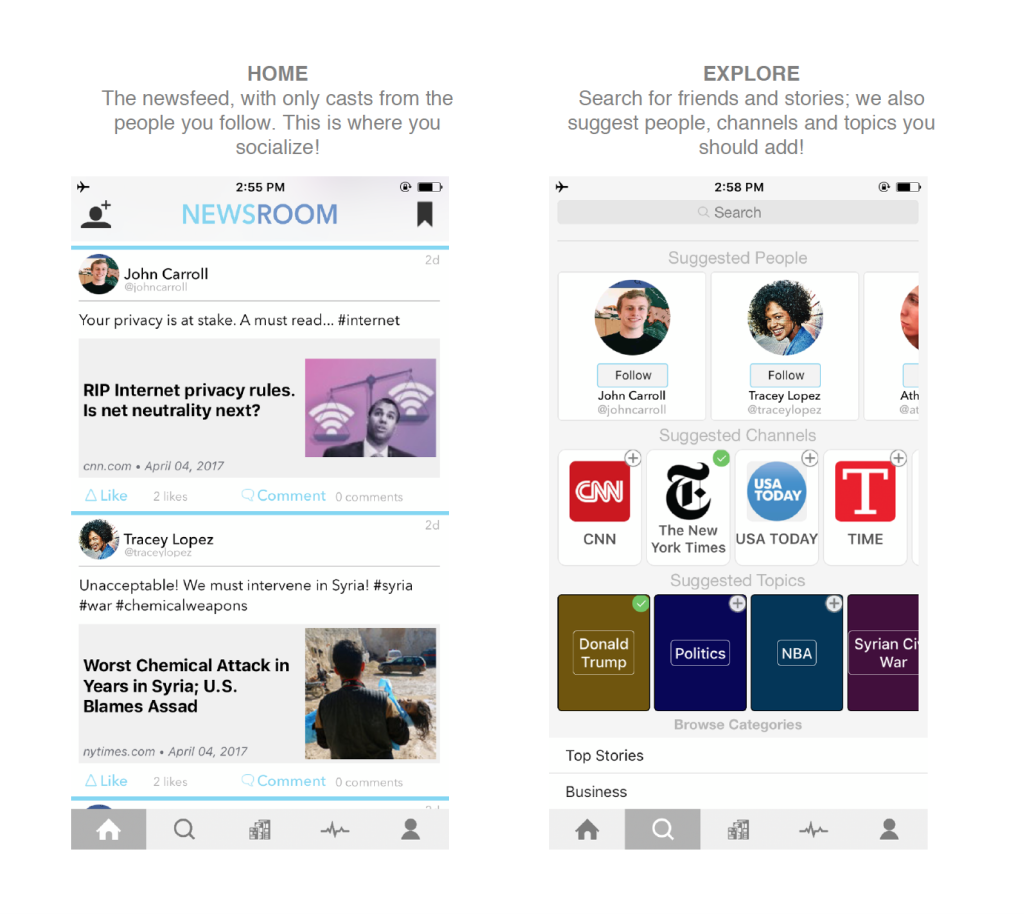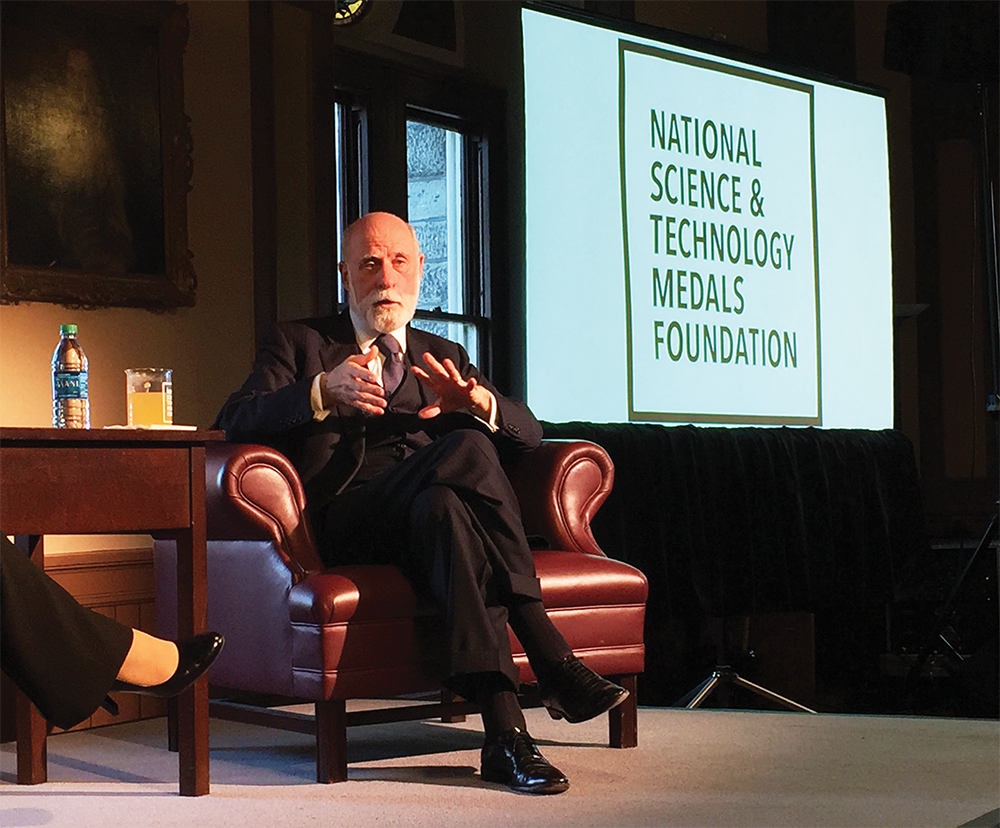While Americans are still processing the fate of our country after the first presidential debate earlier this week, the FBI is investigating yet another major cyber security breach. This time, the targets of the attack were the cellphones of an undisclosed number of Democratic Party staffers.
While these breaches have begun to sound a bit too familiar, given the seemingly endless cyberattacks that have surfaced in news and debate throughout this campaign cycle, this intrusion is another reminder of the vulnerability of digital data.
Cybersecurity has become a hot topic in recent years, growing into an all-encompassing buzzword that is perhaps at risk of losing its meaning with overuse. While the term can describe anything from your great aunt’s Facebook message spam to China’s targeted hack of United States national security details, understanding how you can be affected by cybersecurity remains crucial. This is because when it comes to cybersecurity, it turns out what you don’t know can hurt you.
According to Business Insider, as people spend more and more time online, the rate of device connectivity continues to grow at an almost exponential rate. In this context, it is easy to forget the risks we have exposed ourselves to. While having your phone stolen has always been an upsetting experience, losing your smartphone today could be downright detrimental. With the advent of mobile banking, Apple Pay, social networking sites and personal organization apps, an unprotected or stolen phone could easily lead to the ruin of a person’s reputation and financial security.
The result of losing a smartphone illustrates the wealth of personal information that has been digitized and made susceptible to cyberattacks. When this concept is expanded to the private and public sectors, one cannot help but wonder how much valuable information has been left under-protected over the years.
Although more and more information is becoming digitally collected and cataloged, widespread standards for cybersecurity remain almost completely undeveloped. The primary reason for the lagging development of such standards is the fundamental concern for the privacy of individuals. The timeless debate between the right to personal privacy and the need for security is very much at play in the digital era.
However, as the rate of attacks has increased in number and magnitude both domestically and abroad, the need for improved cybersecurity is beginning to gain traction. Inspired by the Target credit card hack of 40 million people’s financial information and the 1.1 million records taken from the insurance provider CareFirst BlueCross BlueShield, average citizens are beginning to demand meaningful cybersecurity reform in order to better protect themselves against such threats in the future.
It seems the cybersecurity crisis truly is the breeding ground for change. With the accumulation of each new security breach, the outcry for reform seems to grow louder and louder. It would appear the United Sates may be reaching a tipping point in the cybersecurity debate with more people being willing to surrender their privacy for increased protection.
One of the reasons people are becoming more open to the idea of public policy institutionalizing standards for cybersecurity is the domino effect associated with cyberattacks. While this phenomenon was famously posited during the Cold War era to describe how communism in one country could possibly spread to others over time, the term is now widely being used to describe the latent threats of cyberattacks in an increasingly connected world.
As more and more systems of information are becoming digitally connected, it is no longer reasonable to assume that if you are careful with your personal network you are fully protected. The domino effect describes how increasingly connected networks are susceptible to an entire system breach with the presence of just one weak link.
So, while connectivity has its benefits, it certainty opens individuals up to risks against which they are incapable of protecting themselves alone.
While the recent cyberattacks have been detrimental to countless people, they have also paved the way for a more meaningful dialogue surrounding cybersecurity. However, this dialogue is only a starting point. Without meaningful, widespread reform in creating institutional standards for cybersecurity, it is not a matter of if, but when the next attack will be launched.
Bianca DiSanto is a senior in the McDonough School of Business. Think Tech appears every Friday.













